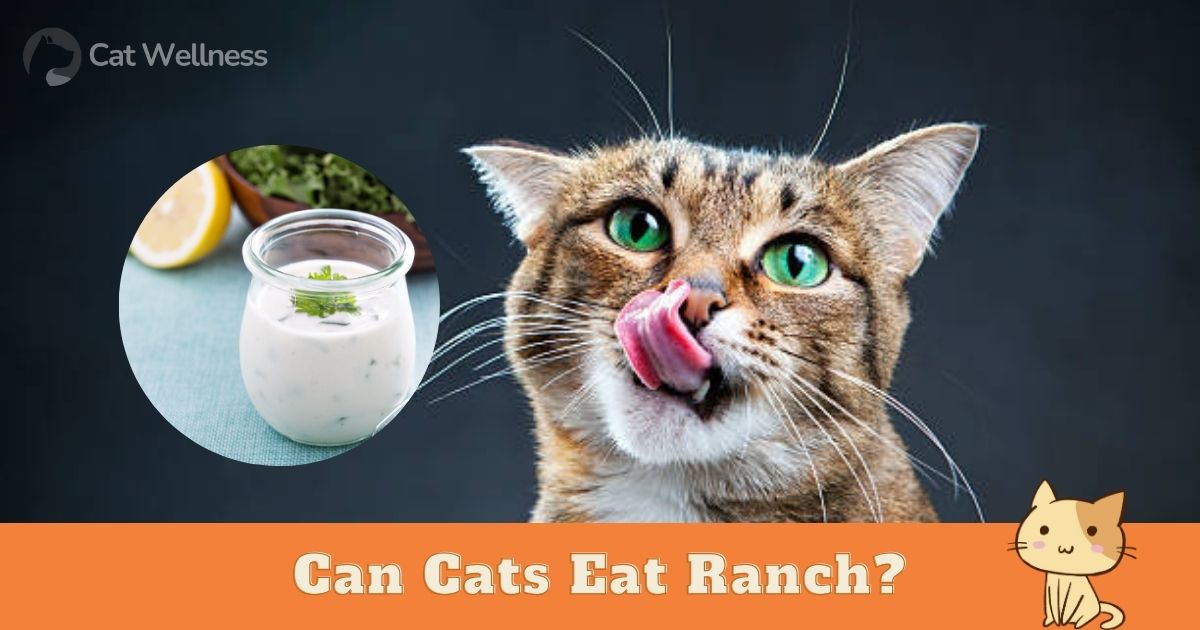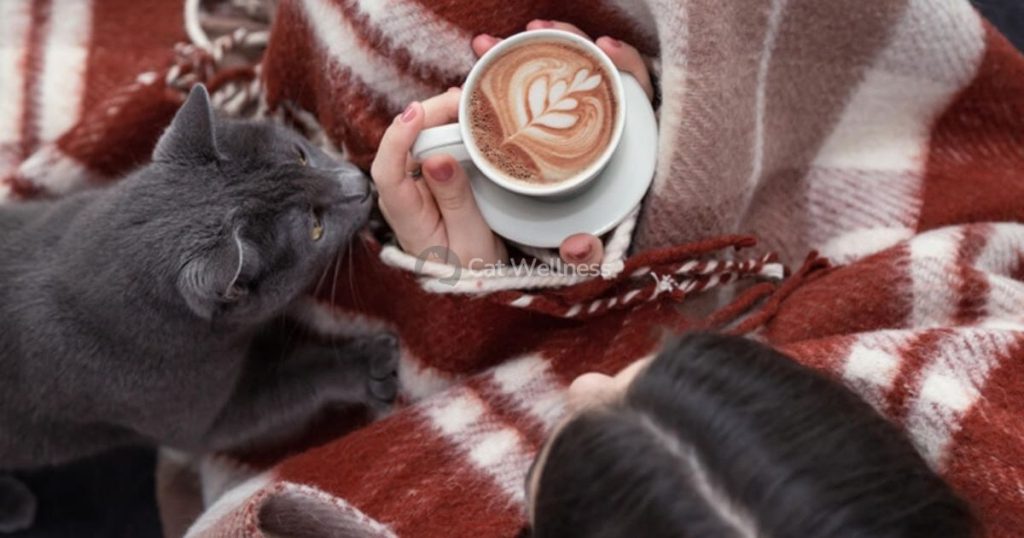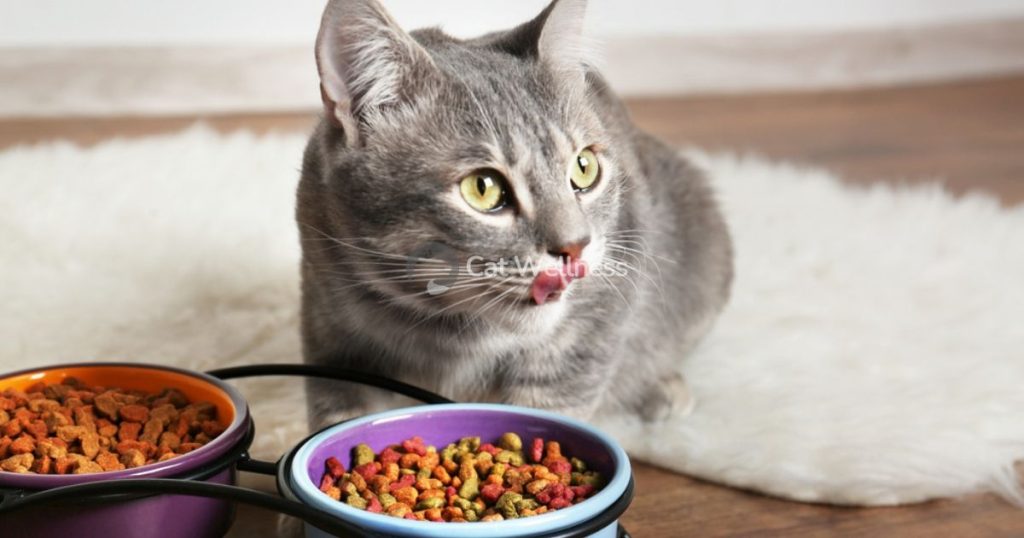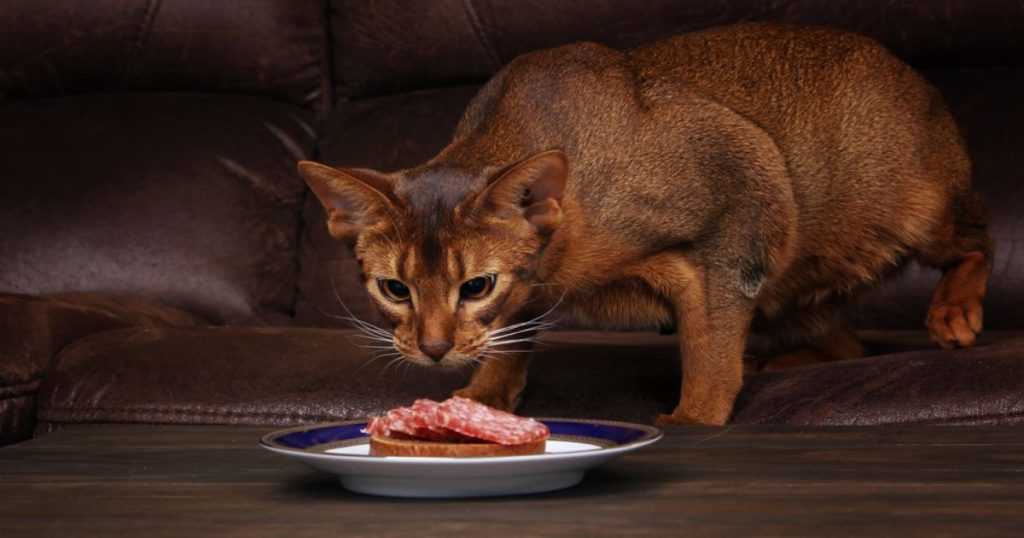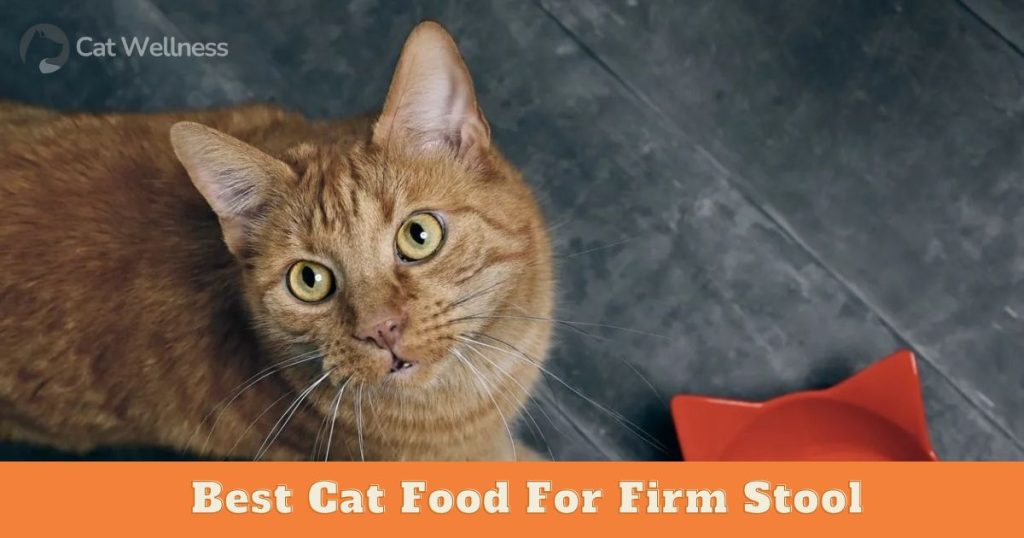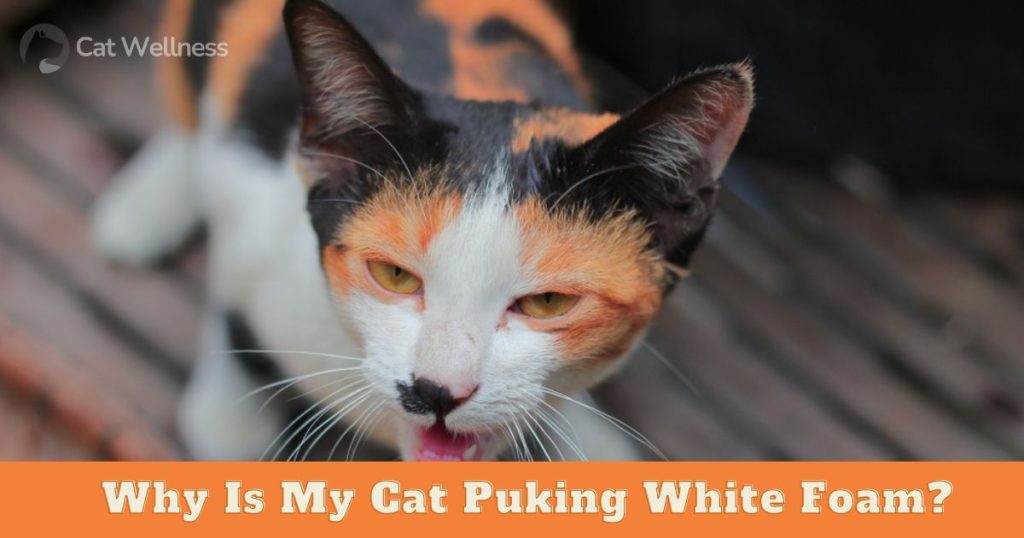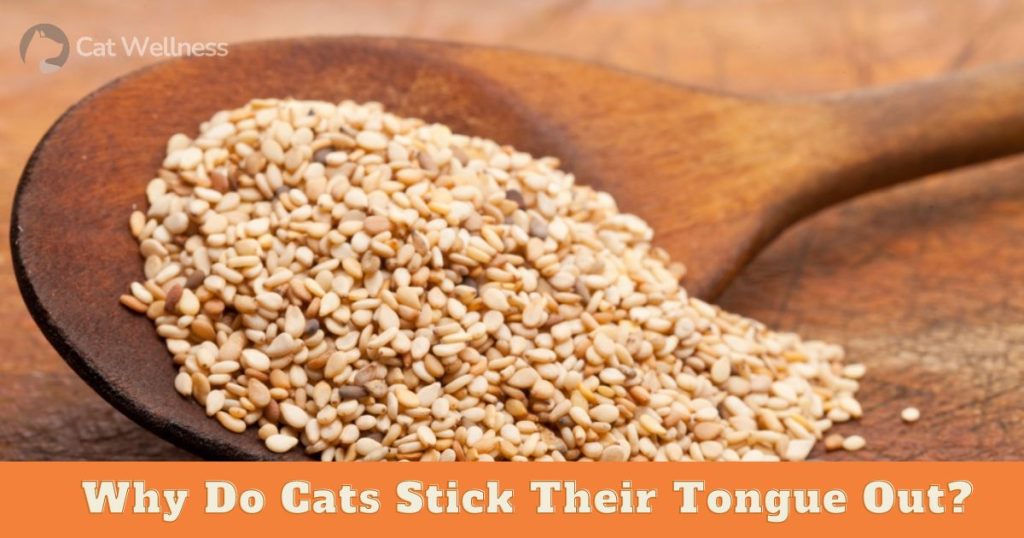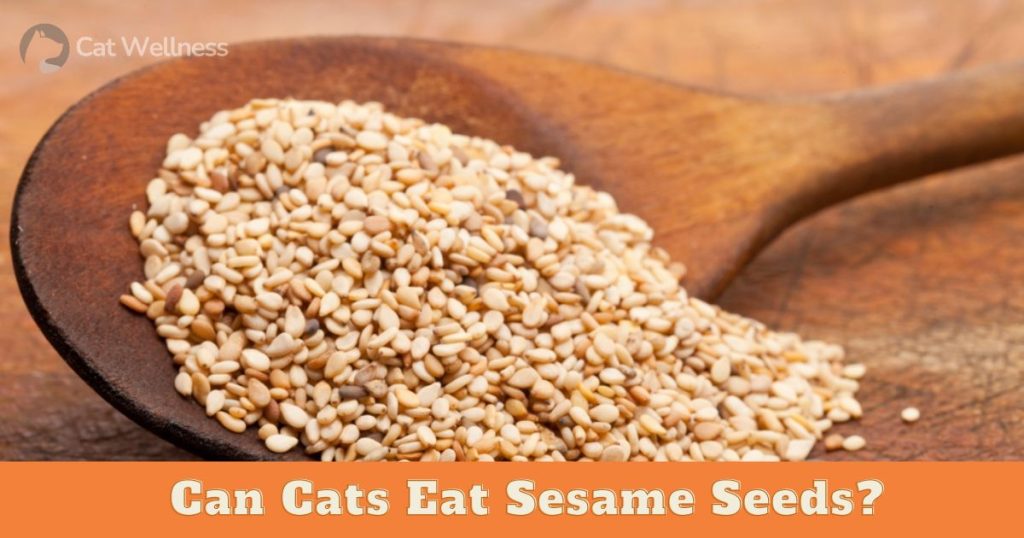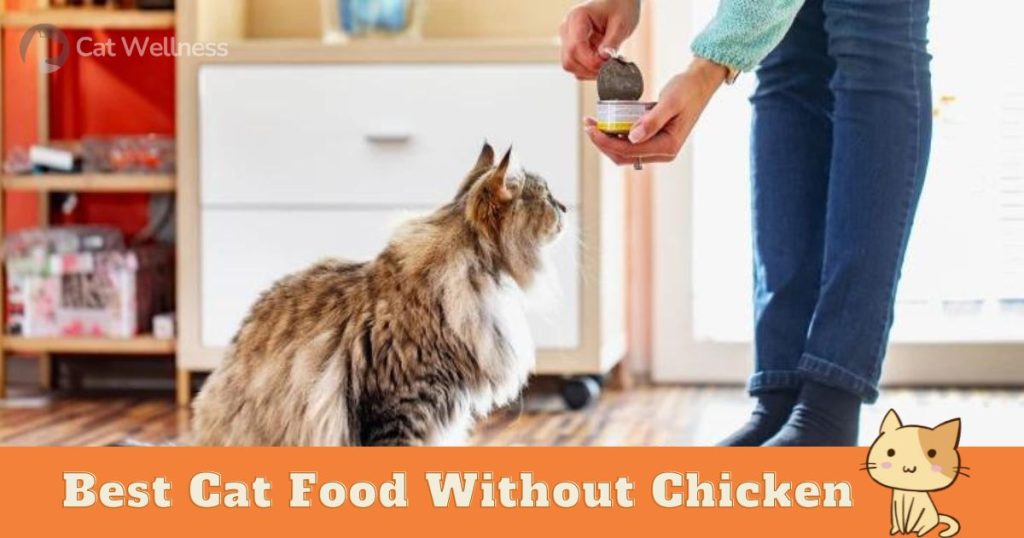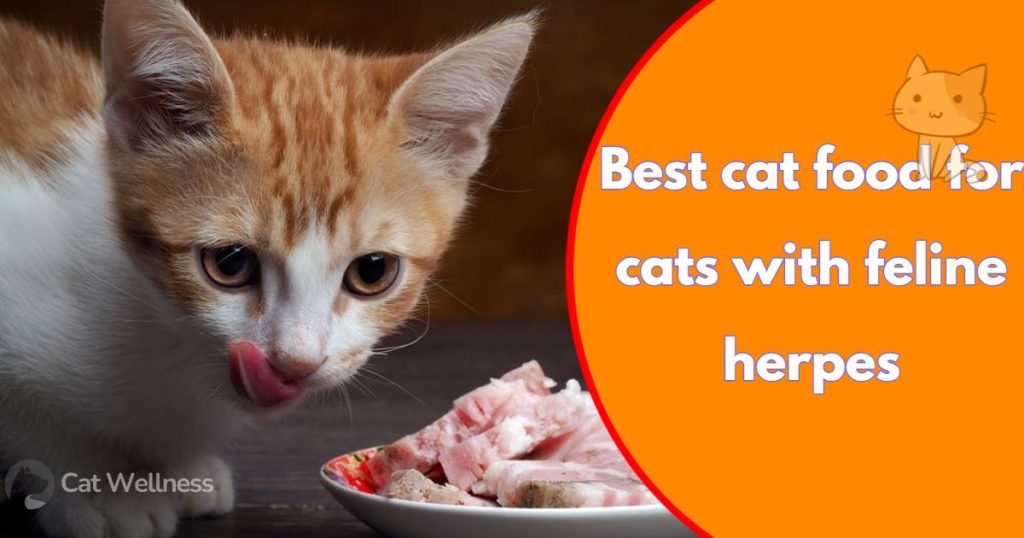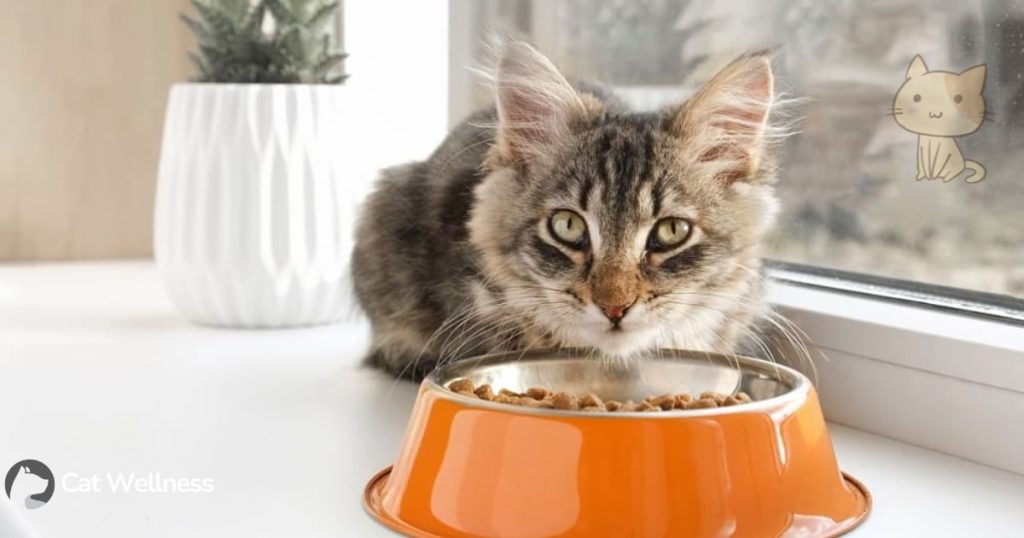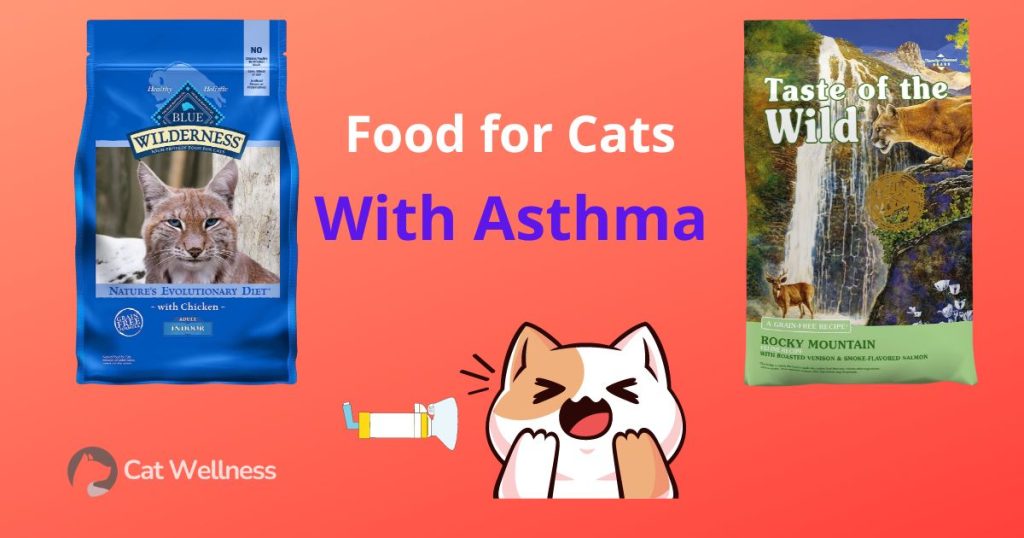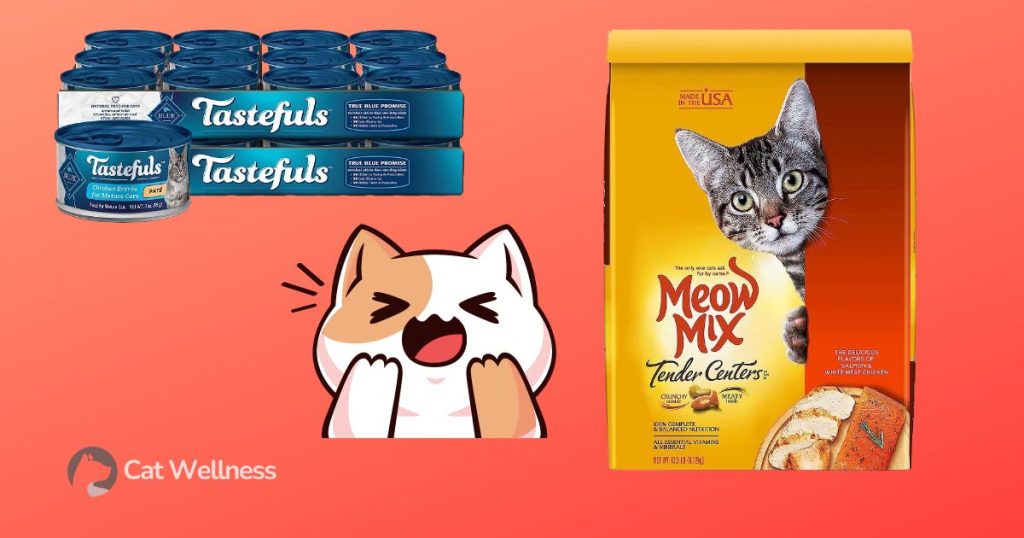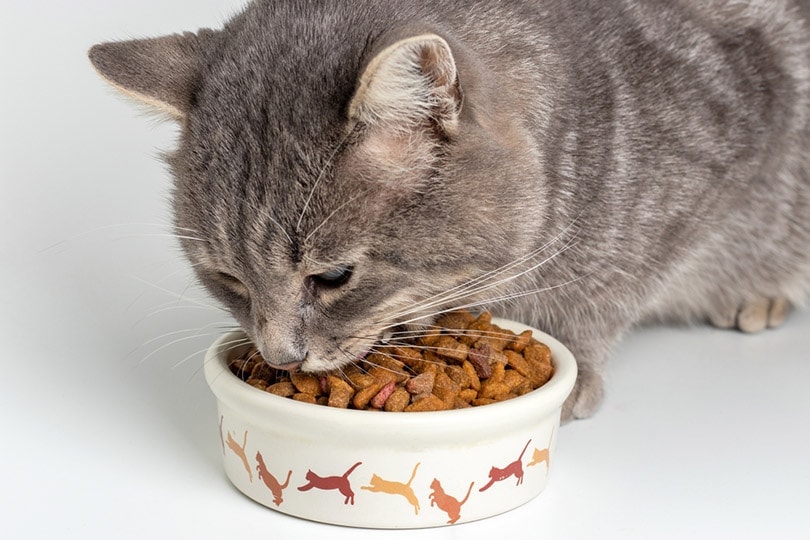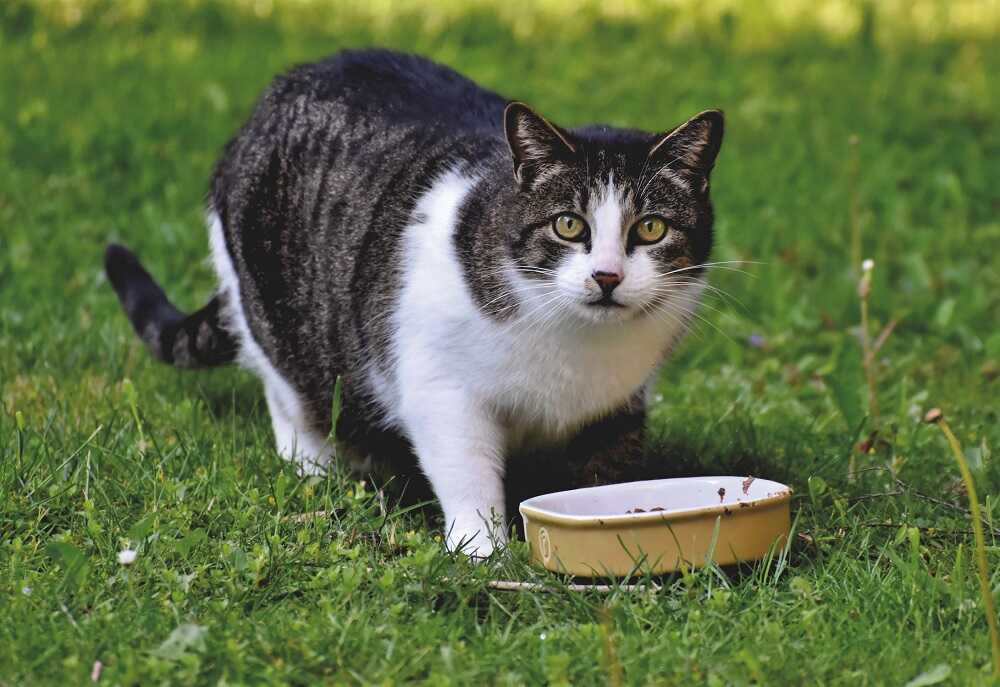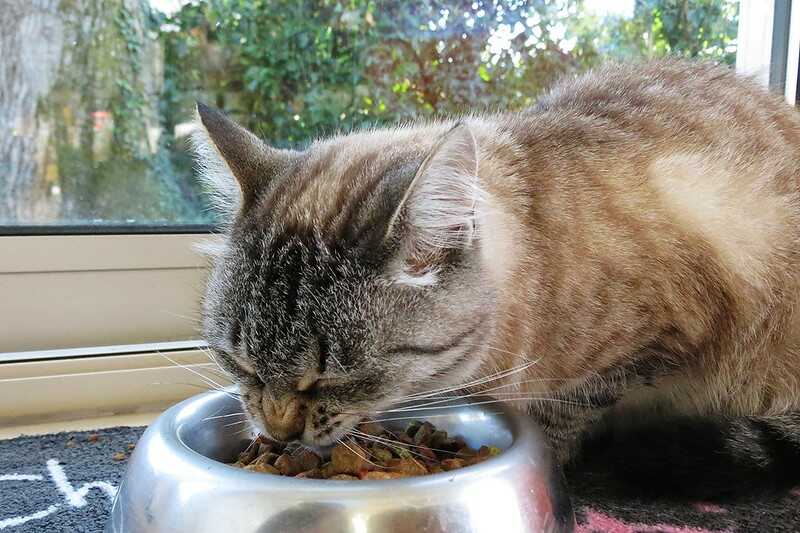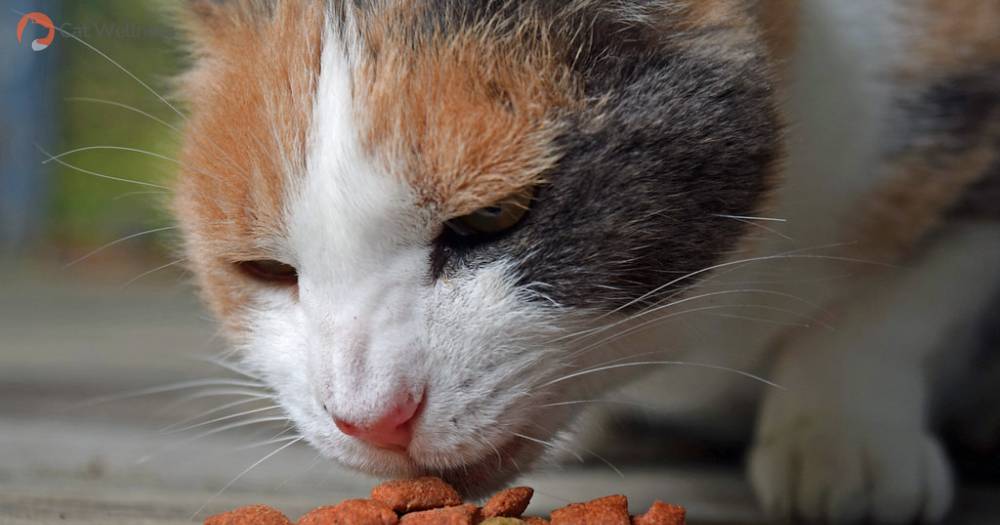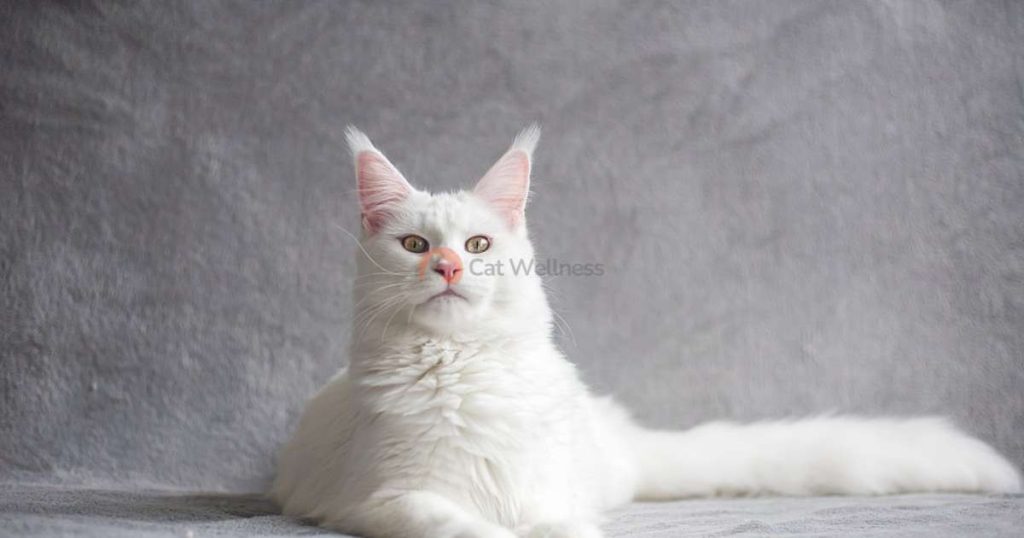Cats are typically selective eaters, but occasionally, they enjoy consuming human foods such as steak, chicken, and even French fries.
Surprisingly, some cats are drawn to the taste and texture of ranch dressing, although condiments aren’t usually their preference. If you’ve ever left a bit of ranch dressing on your plate or in a dipping container, you might have observed your cat trying it.
The presence of dairy in ranch dressing likely attracts cats to this condiment. However, this doesn’t necessarily mean it’s a healthy choice for your feline friend. So, Can cats eat ranch? Let’s explore this question in this article.
Can Cats Eat Ranch?
Certainly, cats shouldn’t consume ranch dressing. While an occasional lick from a plate with ranch dressing is not a major concern, intentionally giving ranch as a treat to your cat can be detrimental to their health.
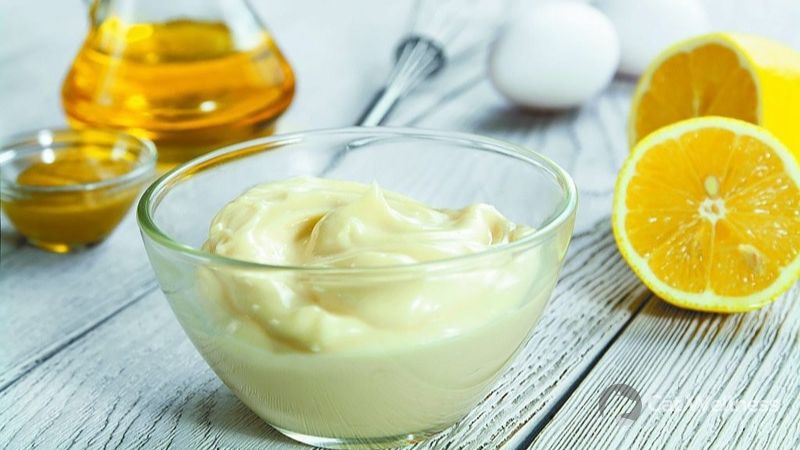
Ranch dressing may appear innocuous when used sparingly as a condiment, but even a small quantity can pose risks to your feline companion. While recipes for ranch dressing can vary, they typically share common ingredients, with garlic and onions being the most concerning for cats.
Consuming onions, whether in whole or powdered form, can lead to the development of anemia in cats. It’s important to note that a cat doesn’t need to ingest a large amount of onion at once to become poisoned; it can accumulate within the body over time, making even small, gradual intake dangerous.
Related Post: Can Cats Have Mcdonald’s Fries?
Garlic, too, can have severe consequences for a cat’s health by breaking down its healthy red blood cells.
Additionally, it’s worth mentioning that most cats are lactose intolerant, and ranch dressing is laden with lactose, often coming from ingredients like buttermilk, sour cream, and occasionally mayonnaise.
If your cat manages to consume ranch dressing, they may experience temporary issues such as flatulence and diarrhea.
Safe and Healthy Food Options for Cats
Many human foods are not suitable for cats due to the common addition of sugar, salt, and fats in excessive amounts.
When preparing treats for your feline friend, it’s best to avoid using spices, oils, or additives. So, what foods can you safely offer to your cat?
Meat
Cats have a short intestinal tract that efficiently processes animal proteins, making meat a natural choice. Options like beef, chicken, turkey, and lamb make excellent treats for cats.
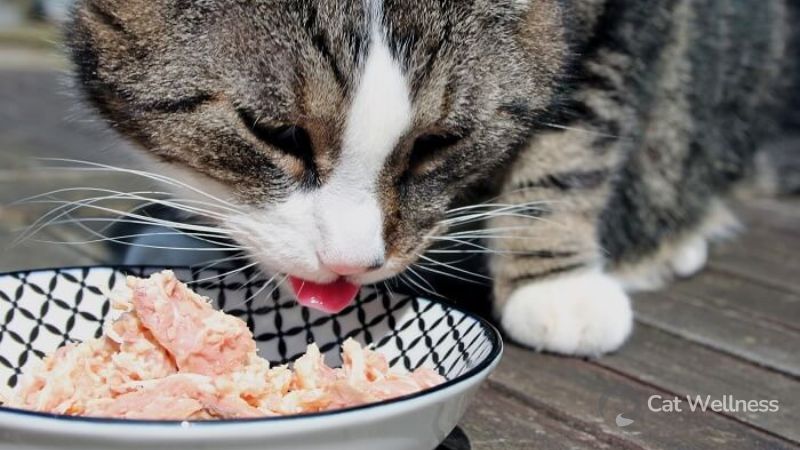
When preparing meat for your family, set aside some unseasoned meat strips for your cat. Remove small bones and excess fat and cook the meat thoroughly to prevent foodborne illnesses.
After it cools, dice it into small, easily digestible pieces for your cat.
Seafood
While you should leave sushi for your human guests, you can cook fish, shrimp, and other seafood for your cat.
Seafood is rich in omega fatty acids, which promote good eyesight and reduce the risk of heart disorders, arthritis, and kidney disease in cats.
Avoid processed seafood with spicy marinades or battered coatings, and opt for fresh, properly cooked seafood to enhance your cat’s diet.
Cooked Eggs
Eggs are a great source of protein for cats, but they should always be cooked before serving. Raw eggs can contain salmonella, which can harm both humans and pets.
Remember that egg yolks are high in fat, so if your cat is overweight, consider feeding it cooked egg whites to reduce the fat content.
It’s advisable to consult your veterinarian before adding eggs to your cat’s diet, and the recommended portion size of cooked eggs in cat food is approximately one tablespoon.
Vegetables and Fruits
While cats are more likely to eat vegetables than fruits, some may still avoid them. Safe options include broccoli, cucumber, cantaloupe, asparagus, and lettuce.
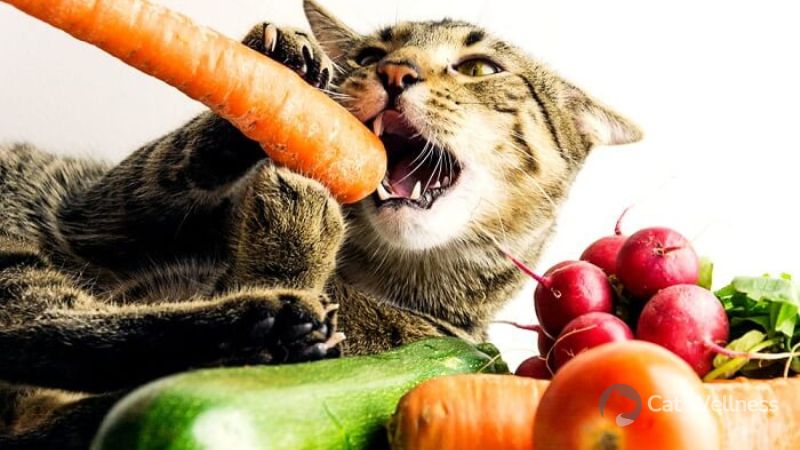
Unlike humans, cats do not have a sweet tooth, so naturally, sweet fruits like berries may not appeal to their taste buds.
However, a small serving of steamed vegetables is usually more enticing to cats. When offering vegetables, it’s best to steam or boil them for easier digestion.
Related Post: Can Cats Eat Cucumbers?
Remove all seeds and pits from fruits to prevent choking hazards. Remember that some fruits, like avocados, are toxic to cats and should be avoided.
Whole Grains
While few cats are allergic to grains, it’s a good idea to avoid them if your cat is sensitive. Grains should be cooked for better digestion. Small grains like oats, polenta, and couscous are protein-rich and safe for cats.
However, grains should not be the primary source of protein in a cat’s diet; meat and seafood are the recommended main components for a healthy feline diet.
What About Tuna with Ranch Seasoning?
While it’s generally fine for cats to have some tuna, it’s best to steer clear of tuna with ranch seasoning (or any other flavourings).
These flavoured varieties often contain garlic, onion, and chive additives, which, although they might not necessarily reach toxic levels (especially in small amounts), make it safer to exercise extra caution.
Additionally, it’s important to note that cats don’t require extra flavourings; plain tuna is perfectly acceptable.
Remember that cats are carnivores with different tastes and nutritional needs than humans. So, avoiding flavoured meat, particularly containing potentially harmful substances, is advisable.
FAQs
Are there any dressings or condiments that are safe for cats?
Cats should generally not be given dressings or condiments. Their diet should contain cat food specifically formulated to meet their nutritional needs. Feeding them human food, especially condiments can lead to health issues.
What should I do if my cat accidentally consumes ranch dressing?
If your cat consumes ranch dressing or any food that may be toxic to them, contact your veterinarian immediately. They can guide how to proceed based on the ingredients and the quantity ingested.
Are there any human foods that cats can safely eat as a treat?
Cats should only be given cat-safe treats in moderation. Some examples include small amounts of cooked plain chicken or fish or catnip as a treat. Always consult your vet before introducing new foods into your cat’s diet.
Why is ranch dressing bad for cats?
Ranch dressing is bad for cats primarily because it contains ingredients like onions, garlic, spices, and high amounts of fat, which can be toxic or cause digestive issues in cats. Cats have unique dietary requirements that are different from humans.
Can I make a cat-friendly version of ranch for my cat?
Trying to make a cat-friendly version of ranch dressing at home is not advisable. Cats have specific dietary needs, and homemade attempts may not provide the necessary nutrients. It’s best to stick to cat food approved by veterinarians.
Conclusion
So, can cats eat ranch? Giving your cat a small amount of ranch dressing is generally beneficial. But it’s important to note that it lacks essential nutrients and shouldn’t be a regular part of a cat’s healthy diet.
Cats are much smaller than humans, and the ingredients in human food can significantly impact them due to their size difference.
While you can offer some safe items from your dinner table to your cat, experts advise prioritising high-quality cat food and providing only occasional treats to maintain your cat’s well-being.
Recommended Reading

